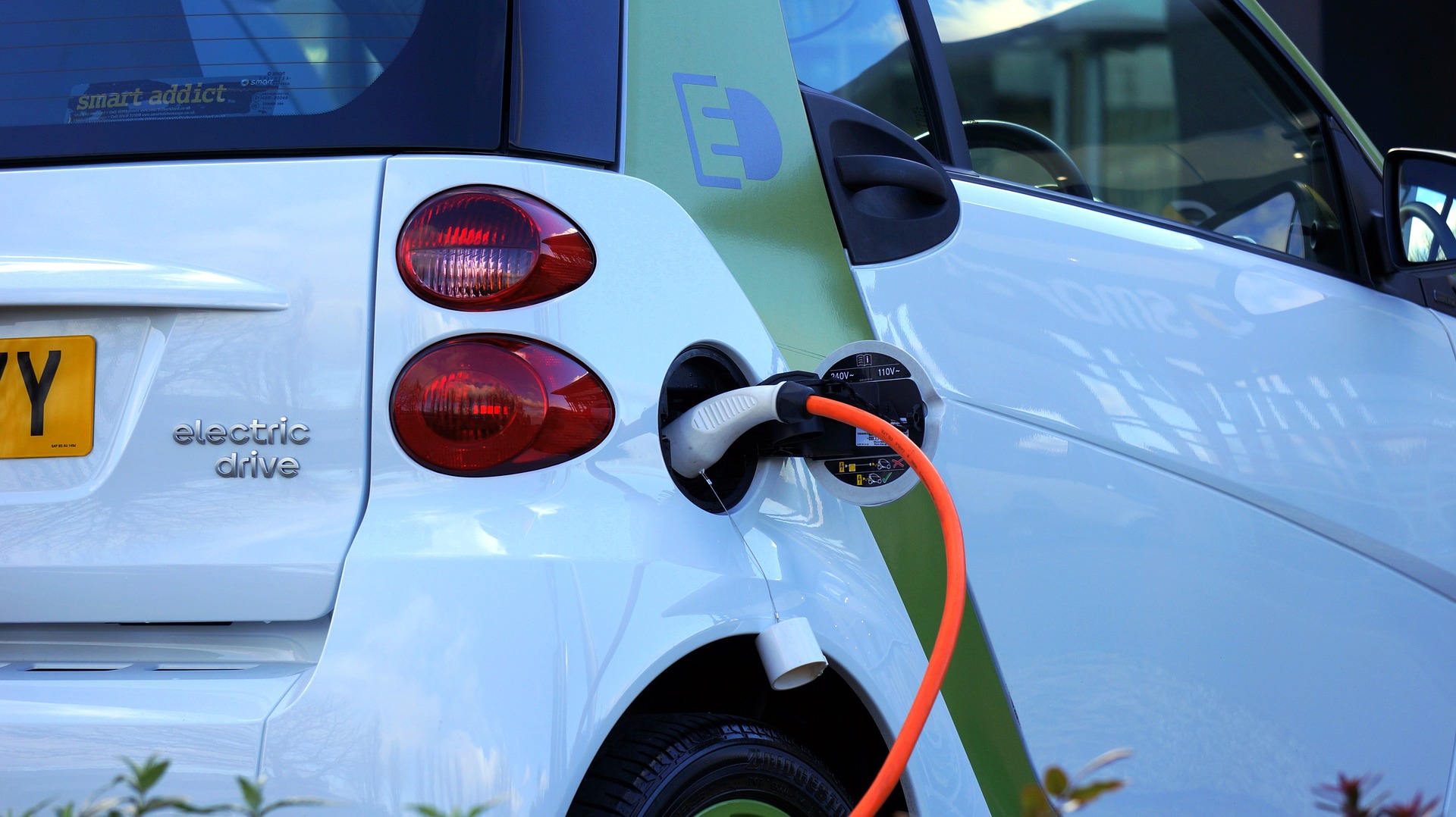By 2040, all new cars in the UK will be zero-emission according to the government’s recent “Road to Zero” plan. Environmentalists rejoice in response as current air quality in the UK is shockingly poor. Dozens of cities are well in breach of the current EU pollution limits, Leeds one of those included. It is also true that transportation is currently the single greatest emitter of greenhouse gases in the country. Finally, our vehicles will be less polluting, our cities will be cleaner and slowly but surely we will be back on track to cleaning up our act and saving the planet. Too good to be true? Yes.
Let’s assume the government is successful in reaching their 2040 target, which by all means seems unlikely considering the impending issues on their plate: soaring homelessness, budget cuts in almost all public sectors, and last but not certainly not least, the Brexit deal we seem to be getting nowhere with. But imagine by 2040 that we have actually all moved away from petrol and diesel cars and we are riding around in our shiny Teslas and Nissan Leafs in a post-Brexit carefree world. Will a fully electric future lead the way in achieving this happy, utopian version of Britain? Unlikely. What we fail to mention is the Achilles’ heel of the electric car industry, which could at any moment cause the entire sector to topple: cobalt.
Previously referred to as the “blood diamond of batteries”, this precious metal is not only found in electric cars but almost all rechargeable batteries including laptops and smartphones. Companies such as BMW and Apple have already begun to scour the world in search of new supplies to match the imminent increase in demand. Sadly cobalt’s scarcity is not its only fatal flaw, but mining it violates a huge number of human rights. Last year, 66% of the world’s cobalt came from the Democratic Republic of Congo, one of the poorest, most corrupt and war-stricken countries in the world. 20% of this cobalt is mined by hand, where individuals, including children, are sent down horrendously unsafe mines to collect the cobalt required in our phones, laptops and future cars.
A month ago, The Guardian wrote an article about 15-year-old Elodie who, having been orphaned by the cobalt mines, was facing deadly working conditions every day so that she could feed her 2-month-old son. Chinese traders would then pay Elodie the equivalent of 50p for the cobalt that required an entire day’s work. Whilst it’s refreshing to hear that Apple made the first move towards change by switching its cobalt suppliers after discovering the child labour involved, we are still far from progressing to a point where no lives are lost whilst producing the technology that we have come to rely on. For the time being, we must urgently deal with the tragedies involved in the cobalt industry before we decide to put in orders for thousands of new electric cars whose production will exploit and kill millions of people. The Guardian did not follow up with what the future held for Elodie but given the poverty she lives in and the poor air quality both she and her baby inhaled every day, the future only appears bleak.
Fortunately, there may be light at the end of the tunnel in the form of cobalt-free rechargeable batteries. Whispers have been circulating for a while now regarding the use of a cobalt-free graphene battery for use in cars. A graphene battery has even been developed in Spain, which charges motorcycles and electric bikes in just 5 minutes. We can pray that it is only a matter of time until we see developments towards implementing this in UK vehicles.
In June, Elon Musk tweeted that the batteries for the Tesla Model contain less than 3% cobalt and the next generation battery will contain none. Whilst Tesla has reduced their cobalt dependency by over 60% in the last 6 years, it has probably now hit a brick wall since going any lower than 3% will reduce battery life and make batteries unsafe for large-scale use in cars. Given the inaccuracy behind Elon Musk’s recents tweets and the trouble they got him in back in September, it is probable that Musk only made this announcement to convince the world that the cobalt industry does not currently hold a noose around his neck.
So what can we expect for the future? The warning has been given that we only have 12 years to change our ways. In terms of the transport industry, this must be led with a transition towards electric cars. Electric cars are currently the only obvious solution to clearing the transport industry’s name but we also need to acknowledge that they are not the godsend we believe them to be. Let’s not forget that they still require electricity to run, which also creates pollution when generated. It’s the equivalent of smoking a low-nicotine cigarette; the problem of addiction is reduced but not solved. If we’re just pushing greenhouse emissions from the exhaust pipe to the electricity plant, can we really be certain of the good we are doing?

